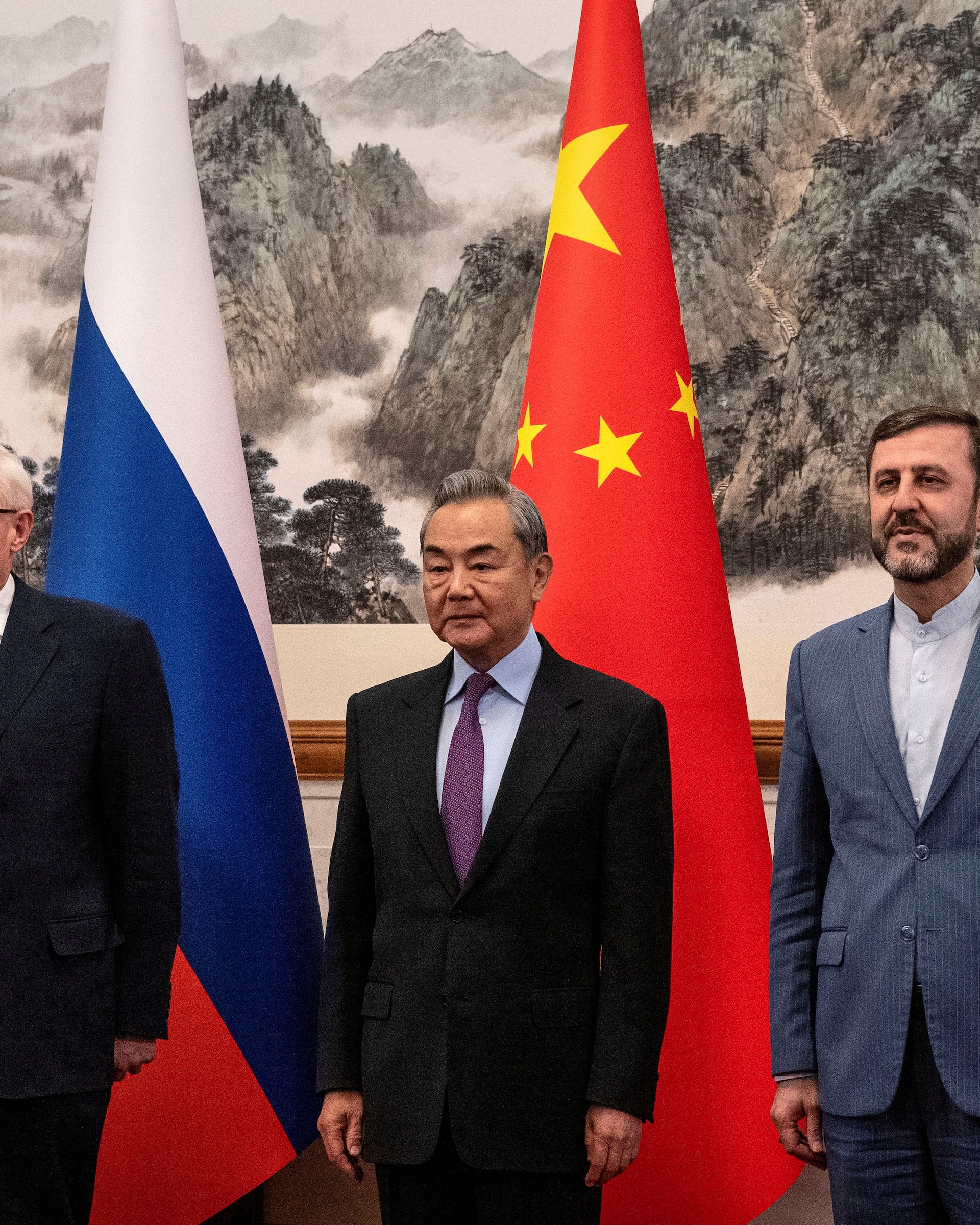Inside Tehran's Nuclear Talks With China and Russia: Sanctions, Security, and Strategy

Tehran Prepares for High-Stakes Nuclear Talks with China and Russia
Iran has officially announced a forthcoming meeting focused on its nuclear program, set for July 22 in Tehran. The session will include representatives from China and Russia, both considered key stakeholders and longstanding members of the international negotiations surrounding Iran’s nuclear activities. This diplomatic engagement, revealed by Iran’s Foreign Ministry, comes at a crucial moment, as global scrutiny over nuclear ambitions and geopolitical stability intensifies.
The roots of these discussions trace back to the longstanding multilateral negotiations over Iran’s nuclear activities. Both China and Russia have remained actively involved since the drafting of the 2015 Joint Comprehensive Plan of Action (JCPOA), commonly referred to as the nuclear deal. The JCPOA was engineered to lift multilateral sanctions on Iran in exchange for strict constraints and international oversight on its nuclear program. However, the global landscape has shifted in recent years, with the withdrawal of the United States from the agreement, the imposition of new sanctions, and periodic escalations in regional tensions. Against this backdrop, Tehran’s scheduled meeting with Beijing and Moscow signals a concerted effort to calibrate diplomatic approaches and address ongoing concerns.
Tackling the Complexities of Nuclear Diplomacy
The July 22 meeting will take place at the level of foreign ministry director generals, underscoring the technical and political depth expected in the discussions. Among the pivotal issues on the agenda is the potential reimposition of United Nations sanctions under the so-called “snapback mechanism.” This provision, enshrined in the original accord, enables countries involved in the nuclear agreement to restore international penalties if Iran is found to be out of compliance with its nuclear commitments. Recent statements from European nations, particularly the E3 (United Kingdom, France, and Germany), have invoked talk of using this mechanism, raising diplomatic stakes. For China and Russia, advocates of a diplomatic resolution, weighing the implications of restored sanctions forms a critical talking point with Tehran.
Another key layer involves the broader non-proliferation regime and international norms governing atomic energy. China and Russia have consistently voiced support for safeguarding non-proliferation principles while also advocating for the respect of Iran’s rights to peaceful nuclear technology. The recent targeting of Iranian nuclear infrastructure and the subsequent United Nations Security Council debates further highlight how the issue has become a central focus for both international law and regional security orders. The July session will, as such, reflect both technical assessments and broader policy orientations on nuclear safety, verification, and the future of multilateral oversight.
Recent Developments Shape the Agenda
This meeting unfolds amid a complex geopolitical environment. Following the destruction of nuclear facilities in Iran, the Security Council, with the input of China and Russia, convened to discuss the aftermath and propose measures for de-escalation and the reinforcement of stability in the Middle East. Recent exchanges between senior officials in Moscow and Tehran have also provided momentum for trilateral coordination. The dialogue on July 22 is thus expected to address the regional security context and the intersection of diplomatic, economic, and strategic considerations that shape the nuclear file.
While direct talks between Iran and the United States remain suspended, these trilateral sessions stand as a vital channel for communication, clarity, and confidence building among nations with significant influence over nuclear negotiations. China, with its broad economic engagement, and Russia, with its strategic alliance, both possess leverage and diplomatic capital to shape Iran’s calculus and offer diplomatic guarantees. The resumption of technical-level talks indicates not only a recognition of the complexity of the nuclear dossier but also a shared interest in minimizing misunderstandings and coordinating responses to potential external pressures.
Strategic Implications and Outlook
The scheduled gathering serves as a testament to the nuanced nature of nuclear negotiations. Compliance verification, sanctions relief, and assurance mechanisms will likely dominate the exchanges. Moreover, this meeting is happening at a time when regional security calculations and questions surrounding the legality and legitimacy of force against nuclear facilities weigh heavily on stakeholders. How China and Russia position themselves—whether by proposing new diplomatic frameworks, advocating for strengthened verification, or issuing joint statements—could recalibrate the trajectory of nuclear diplomacy in the months to come.
As the international community monitors these developments, the outcome of the Tehran talks could prove influential in shaping subsequent negotiations with broader stakeholders. The involvement of two permanent Security Council members underscores the high strategic value assigned to these discussions and signals to other international actors the seriousness of Iran’s diplomatic engagement. The path forward for Iran’s nuclear program remains contingent on not just technical know-how or political resolve but on the sustained commitment to dialogue between major powers and the willingness to manage risks in an evolving geopolitical landscape.
With these conversations now at the forefront, the July 22 session becomes a significant milestone in the ongoing effort to navigate the challenges of non-proliferation, regional stability, and international cooperation. Analysts and observers alike await the outcomes with keen interest, understanding that what transpires in Tehran may well set the tone for the next chapter of global nuclear diplomacy.
